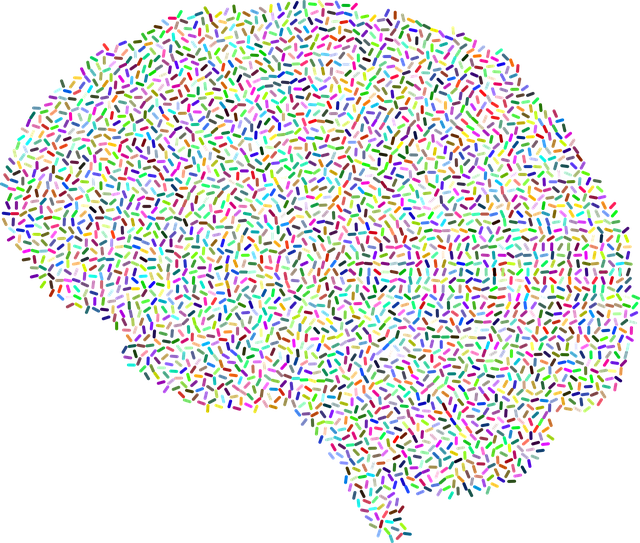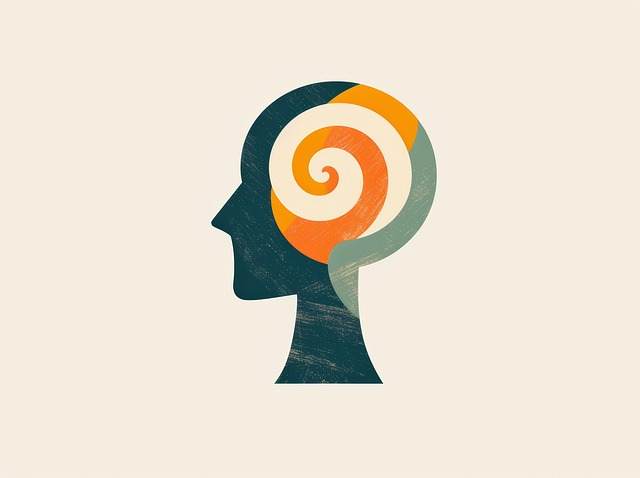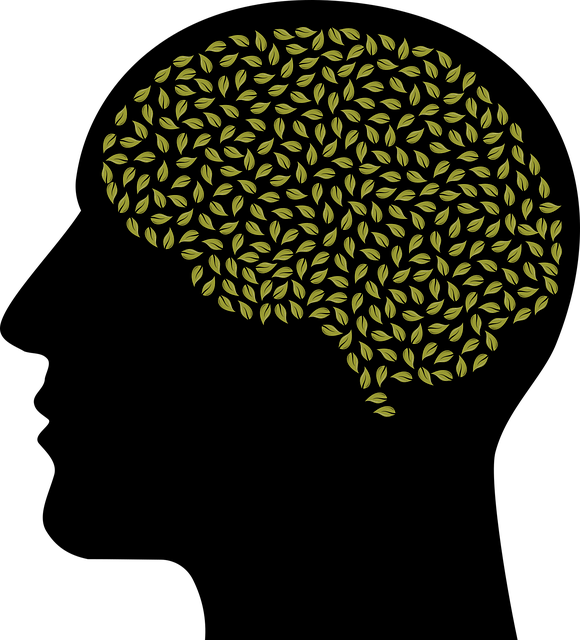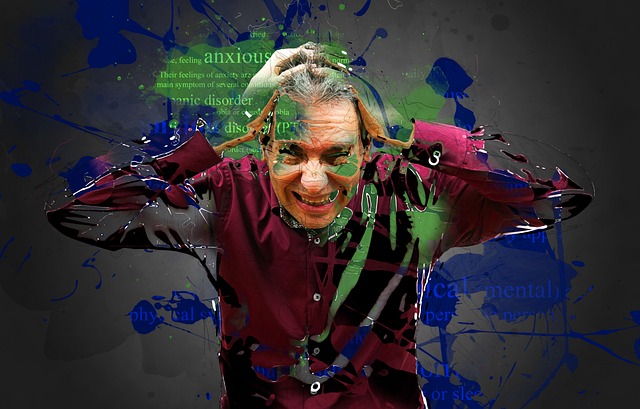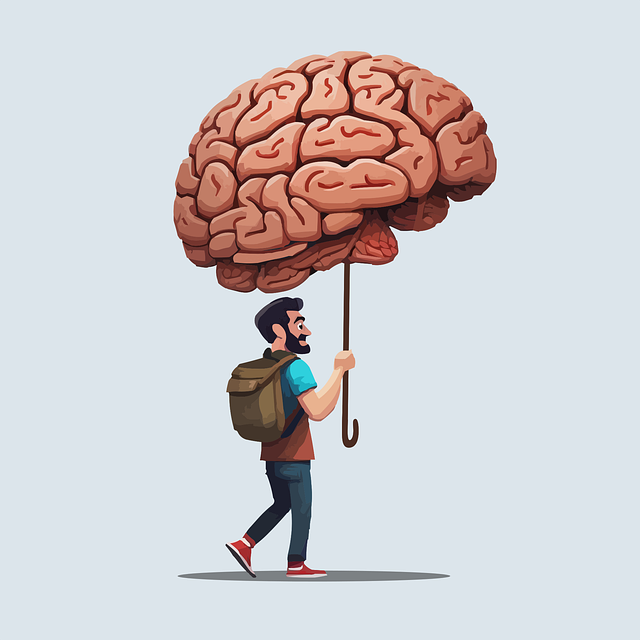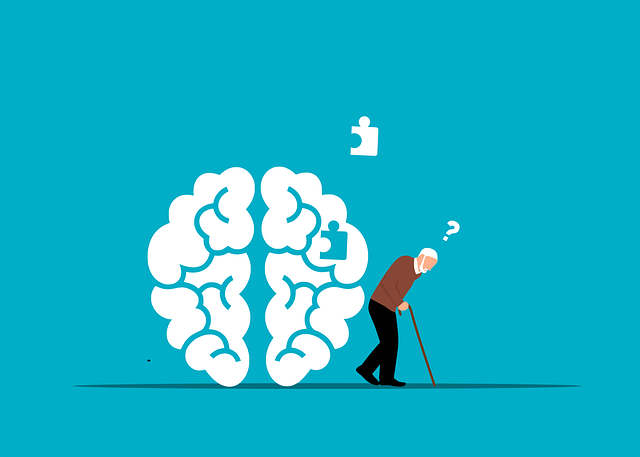Understanding and implementing mood regulation strategies is crucial for managing emotions in adults with Post-Traumatic Stress Disorder (PTSD). Specialized therapy, including cognitive-behavioral therapy (CBT), mindfulness meditation, crisis intervention, and social skills training, offers effective treatments. These approaches help individuals regain control, foster emotional healing through present-moment focus, and develop healthier coping mechanisms, ultimately promoting long-term well-being for those struggling with PTSD.
Mood regulation strategies are essential tools for managing emotional well-being, especially for individuals dealing with post-traumatic stress disorder (PTSD). This comprehensive guide explores various techniques to help adults navigate and control their moods effectively. We delve into the understanding of mood regulation, its significance in PTSD management, and evidence-based therapies proven to enhance emotional stability. Additionally, we discuss integrating different therapeutic approaches for long-term mental health and wellness.
- Understanding Mood Regulation Strategies
- Post-Traumatic Stress Disorder (PTSD) and Emotional Management
- Evidence-Based Techniques for Effective Mood Control
- Integrating Therapies for Long-Term Wellbeing
Understanding Mood Regulation Strategies

Understanding Mood Regulation Strategies is a crucial step in managing emotions and maintaining mental well-being. For adults suffering from Post-Traumatic Stress Disorder (PTSD), these strategies become even more vital, serving as tools to navigate intense and unpredictable emotional states. Therapy for Adults with PTSD often integrates mood regulation techniques to help individuals gain control over their feelings and reduce the impact of traumatic memories.
Public Awareness Campaigns focused on Mental Health have played a significant role in destigmatizing mental health issues and encouraging people to seek help. In this context, boosting confidence is not just about personal growth but also enabling individuals to access and benefit from available resources, including therapy options. By combining these efforts with evidence-based mood regulation strategies, we can foster an environment that supports mental health awareness and promotes effective coping mechanisms for those dealing with PTSD or other emotional challenges.
Post-Traumatic Stress Disorder (PTSD) and Emotional Management

Post-Traumatic Stress Disorder (PTSD) is a complex condition that significantly impacts an individual’s emotional well-being and ability to manage their feelings effectively. Many adults struggling with PTSD find themselves in need of specialized therapy to help regulate their emotions and regain control over their lives. The good news is, various therapeutic approaches have proven effective in treating PTSD symptoms, offering much-needed relief.
One powerful tool in the arsenal against PTSD is mindfulness meditation. This practice encourages individuals to focus on the present moment, fostering a sense of calm and reducing the intensity of traumatic memories. Additionally, crisis intervention guidance plays a crucial role in teaching individuals coping strategies for managing intense emotions during or after a traumatic event. Social skills training is another valuable aspect, helping those with PTSD improve their interpersonal interactions and build supportive relationships, which are essential for emotional healing.
Evidence-Based Techniques for Effective Mood Control

Maintaining a stable mood is a crucial aspect of overall well-being, especially for individuals dealing with post-traumatic stress disorder (PTSD). Evidence-based techniques have been developed to offer effective mood regulation strategies for adults experiencing PTSD and other mental health challenges. One such approach is cognitive-behavioral therapy (CBT), which focuses on identifying and modifying negative thought patterns and behaviors contributing to distressing moods. CBT teaches individuals how to challenge unhelpful beliefs, manage triggers, and develop healthier coping mechanisms.
The Mind Over Matter principles emphasize the power of conscious mindset shifts in controlling one’s emotional responses. This involves practicing mindfulness techniques, such as meditation and deep breathing exercises, to enhance self-awareness and presence in the moment. Additionally, Risk Management Planning for Mental Health Professionals can be tailored to help individuals with PTSD set realistic goals, anticipate potential triggers, and develop strategies to maintain a sense of calm. Self-esteem improvement is also integral, as boosting self-worth and confidence can significantly impact an individual’s emotional resilience and overall mood regulation.
Integrating Therapies for Long-Term Wellbeing

Integrating various therapies can be a powerful strategy for adults struggling with post-traumatic stress disorder (PTSD) to achieve long-term wellbeing. Beyond traditional talk therapy, complementary approaches like mindfulness meditation, yoga, and eye movement desensitization and reprocessing (EMDR) have proven effective in treating PTSD symptoms. These holistic methods not only provide coping mechanisms but also foster resilience by addressing the root causes of distress.
Mental health education programs designed to increase public awareness about PTSD can further enhance these efforts. By equipping individuals with knowledge about trauma responses and available resources, these initiatives empower people to take charge of their mental health. Public awareness campaigns focused on normalizing conversations around mental health issues, coupled with resilience-building exercises, create a supportive environment where adults with PTSD can find understanding and seek help without stigma.
Mood regulation strategies are essential tools for maintaining mental wellbeing, especially for those dealing with conditions like Post-Traumatic Stress Disorder (PTSD). By understanding and employing evidence-based techniques, individuals can effectively manage their emotions and foster long-term stability. Integrating therapies tailored to their specific needs, whether through cognitive-behavioral therapy or other specialized approaches, offers a holistic path to recovery and enhanced quality of life for adults suffering from PTSD.



